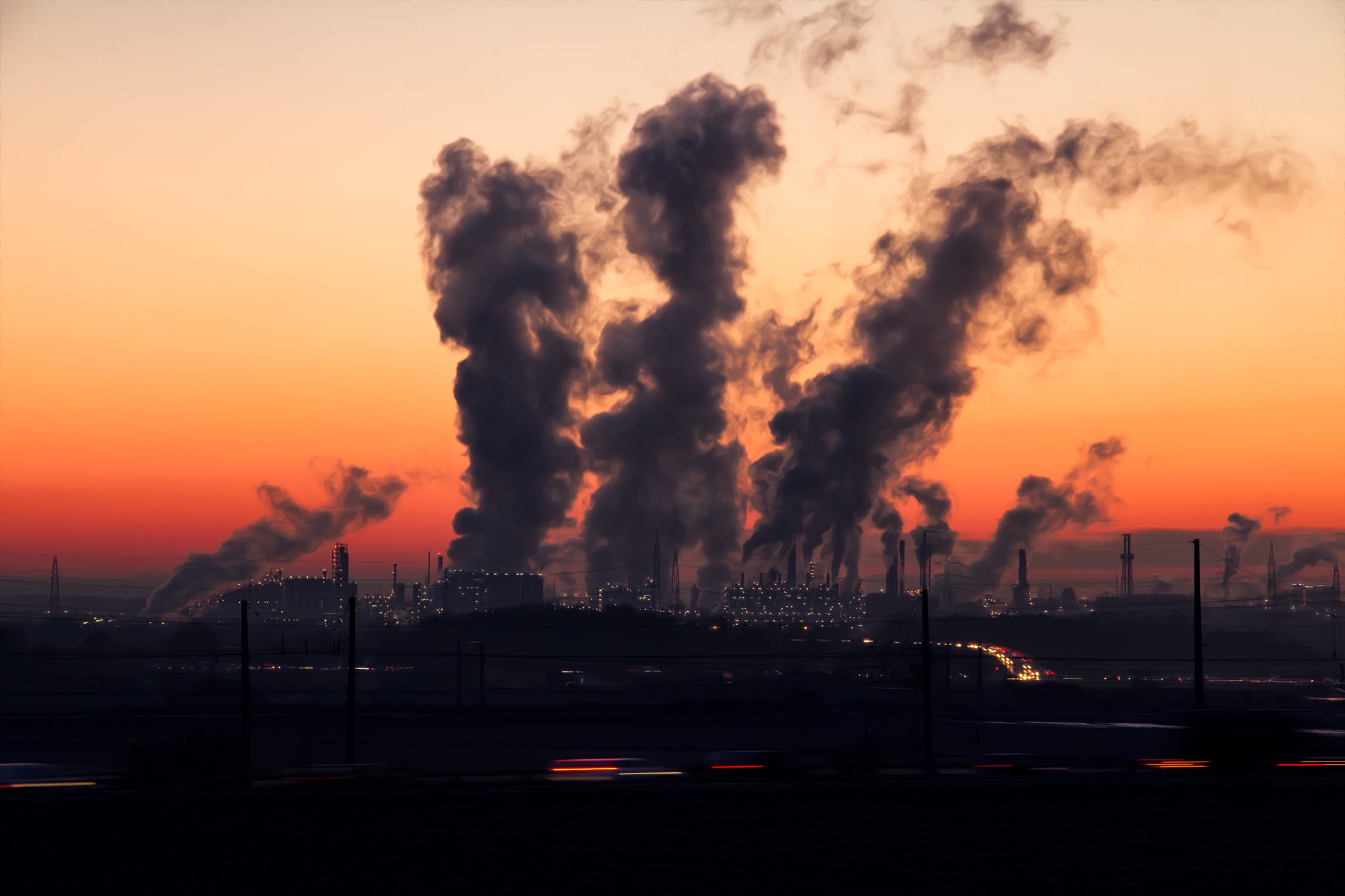Air pollution shortens global life expectancy by 2 years, report finds

Air pollution, caused mostly by burning fossil fuels, is the greatest threat to human health worldwide, a report has found. Global life expectancy is being reduced by 1.8 years per person due to polluted air.
The University of Chicago’s Air Quality Life Index (AQLI) found that in the worst affected nations, which are India and China, life expectancy is being shortened by six years. In some parts of India, the research shows that people could live 11 years less, due to the high levels of air pollution.
The particles ingested from polluted air shorten life more than first-hand cigarette smoke, which reduces life by 1.6 years. Other public health threats like war and HIV/AIDS are also less dangerous than the effects of air pollution.
The AQLI allows people to find out how much longer they would live if they breathed air that met the World Health Organization’s (WHO) guidelines, compared to the air pollution where they live.
Michael Greenstone, director of the Energy Policy Institute at the University of Chicago, ran the project. He said: “While people can stop smoking and take steps to protect themselves from diseases, there is little they can individually do to protect themselves from the air they breathe.
“The [research] tells citizens and policymakers how particulate pollution is affecting them and their communities, and reveals the benefits of policies to reduce particulate pollution.”
IZA World of Labor author, Sefi Roth, notes that air pollution not only affects human health, but also education outcomes, human capital foundation, and social mobility. In his article, he notes one of the detrimental effects of air pollution is its impact on income distribution. He says: “This is due to various factors; for example, low-income individuals are more likely to live in highly polluted areas because of financial constraints or a lack of environmental awareness.”
The WHO has said that breathing particulate polluted air is killing 7 million people a year and harming billions more, with 90% of people across the globe exposed to unsafe air.
Children are especially vulnerable to the health effects of air pollution, with links shown to stunted lungs and childhood obesity. Globally, the WHO estimates that 600,000 infant deaths are linked to air pollution each year and 93% of all children under five years old are exposed to particulate matter that is higher than the WHO guideline levels.
The University of Chicago report concludes that air pollution and its impact on life expectancy is heavily affected by government policy.
Read more about environmental regulations and the labor market here.